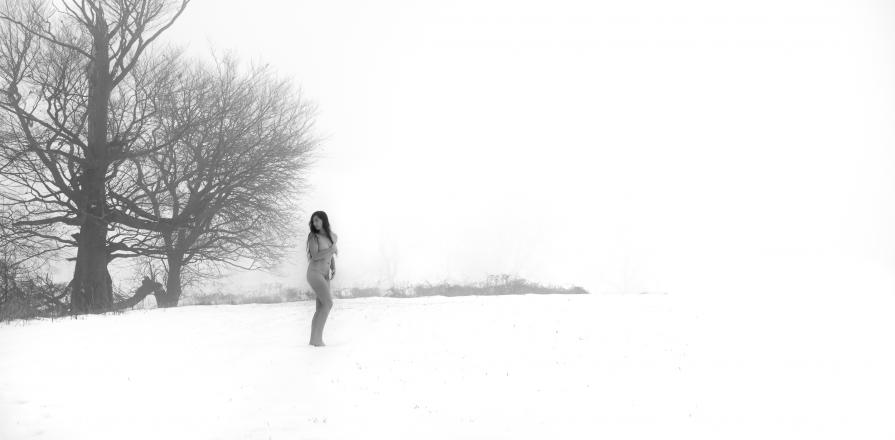
Exiting Eden
Stephen and Susanne wanted to dissect the creationist story for alternate narratives that may be hidden or encoded within it’s familiar patriarchal framework with the aim of opening a conversation between those who believe the creationist story to be fact and those who might dismiss it as an archaic fairy tale.
“In the beginning”, woman and man were created from the earth as equals with nothing but their naked skin to define them. Adam soon demands submission from his first wife, Lilith. When Lilith refuses, she chooses banishment from Eden and eventually becomes demonized. Adam becomes lonely and is gifted by God with a new more submissive Eve, (created from Adam’s rib instead of from the earth). Eve is ultimately tempted by Satan to take the apple and taste the forbidden secrets from the Tree of Knowledge. Only then do Adam and Eve become aware and ashamed of their nakedness and differences and are exiled forever from the perfect world of Eden.
Eve and Lilith, represent some of the fears men may have of equality with women. From the beginning of creationist story, men quickly learn women are inherently insubordinate, dangerous, and tempters. The creation story reinforces the need and justification for domination of men over women.
Is it possible to imagine that the original story of Adam and Eve has been constructed to divide us rather than remind us that we are all connected children of the Earth and that beneath our clothes, identity and class we are all of the same skin?
If a more eco-feminist interpretation is applied to the story of Eve it can offer new meanings. Stephen and Susanne sought to capture images that showed an almost hybrid character of Lilith and Eve who was empowered and deeply connected to nature and its secrets. What new questions might arise from that version? What are the forbidden secrets hidden within the apple from the Tree of Knowledge? Do these secrets point toward a path of equality and connection between race, class and gender? If so, why would Adam and Eve be punished for knowing such knowledge? This series also sought to convey a sense of peril and persecution one might face in challenging something as critical to a religion’s basic building block of understanding.















Comments 0
Say something